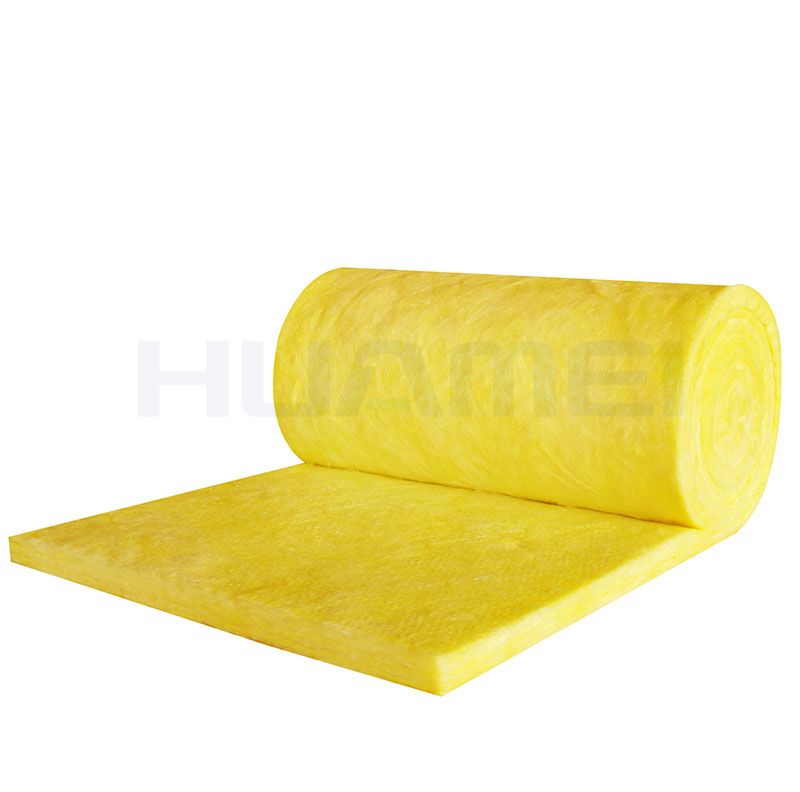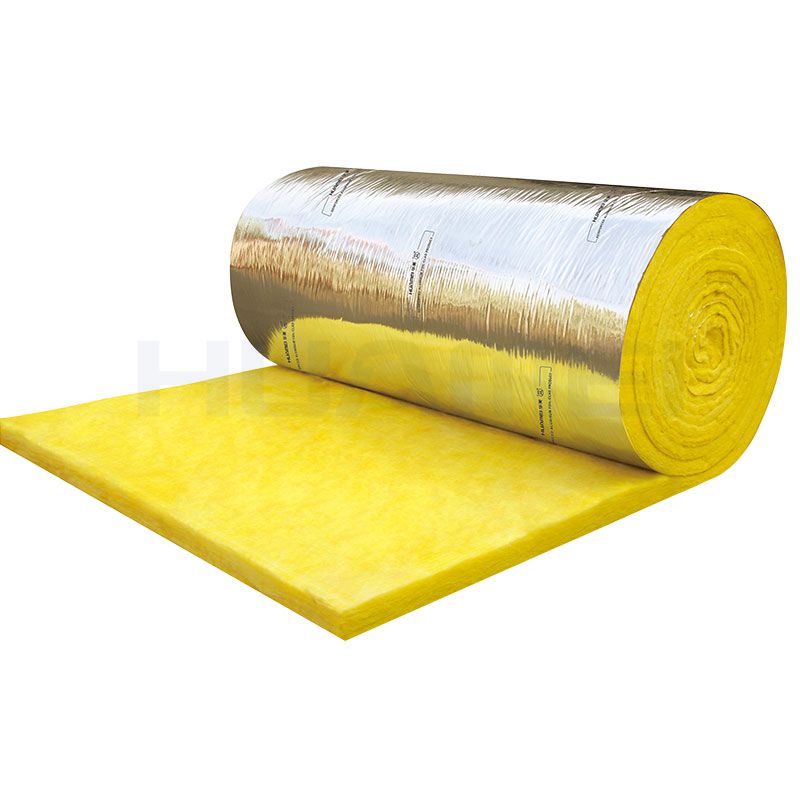E-mail: marketing@hbhuamei.com
Understanding the versatile applications of glass wool is crucial for making informed decisions in construction and insulation projects. This article explores the various uses of glass wool, its benefits, and key considerations for different applications.

Glass wool is a flexible and lightweight insulation material that finds widespread use in various industries and construction projects. Its versatile nature makes it a preferred choice for different applications, offering thermal and acoustic insulation properties.
Building insulation is one of the primary applications of glass wool. It is used in walls, ceilings, and floors to provide effective thermal insulation, helping maintain a comfortable indoor temperature and reduce energy consumption. The material's ability to resist heat transfer makes it an ideal choice for enhancing the energy efficiency of residential and commercial buildings.
HVAC systems benefit from the use of glass wool insulation. The material is commonly employed to insulate ducts and pipes, preventing heat loss or gain during the transportation of air. This ensures that the HVAC system operates efficiently, contributing to energy savings and improved overall performance.
Industrial applications often require insulation materials that can withstand high temperatures and harsh conditions. Glass wool's fire-resistant properties make it suitable for use in industrial settings, such as manufacturing facilities and power plants, where insulation is essential for both safety and efficiency.
Acoustic insulation is another key area where glass wool excels. Its fibrous structure absorbs sound waves, making it an effective solution for reducing noise levels in residential, commercial, and industrial spaces. This application is particularly important in spaces where sound control is critical, such as recording studios, theaters, and office environments.

Let's address some common questions people have about the applications of glass wool:
A: Yes, glass wool is widely used in residential buildings for insulation in walls, ceilings, and floors. It helps create a comfortable indoor environment and improves energy efficiency.
A: Absolutely. Glass wool is known for its fire-resistant properties, making it a reliable choice for insulation in industrial applications where high temperatures are common.
A: Glass wool is highly effective in acoustic insulation. Its fibrous structure absorbs sound waves, making it a preferred choice for reducing noise levels in various settings.
In conclusion, the diverse applications of glass wool make it a valuable material in construction, HVAC systems, industrial settings, and acoustic insulation projects. Its versatility, combined with thermal and acoustic properties, positions glass wool as a reliable choice for enhancing the performance and efficiency of various structures and systems.
Before selecting insulation materials, consider the specific requirements of your project and consult with professionals to ensure the optimal use of glass wool.
Copyright © Huamei Energy-saving Technology Group Co., Ltd. All Rights Reserved | Sitemap | Privacy Policy
Insulation solutions LIST: Insulation solutions LIST